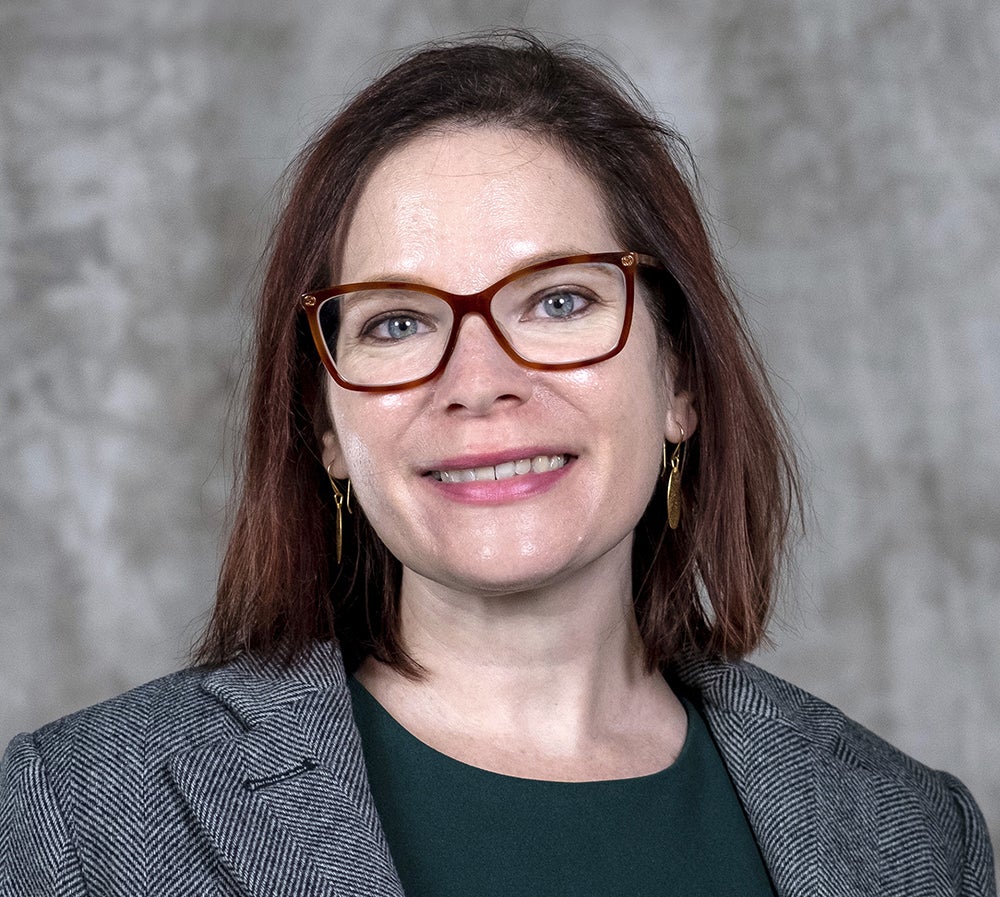The Research
King, N., Child, G., Song, K., & Thieman, D. (2025). Midwestern teachers’ developing equity-based mindsets and practices over time: Using virtual coaching cycles for teacher transformation. Journal of Language, Identity & Education, 1–22.
Abstract
As the United States becomes increasingly diverse, it is incumbent upon teachers and teacher educators to continually strive to develop more equitable and socially-just pedagogies and practices. Framed through the lens of translanguaging, this multiple case study examined the burgeoning development of equity-based practices and mindsets of eight in-service early childhood and elementary teachers in the Midwest over three teaching-coaching cycles. Analysis focused on materials (e.g., original and revised lesson plans, teaching videos, lesson materials, and peer dialogues and reflections on lesson preparation, activities, and assessments), collected over three coaching cycles, final reflection papers, and focus group interviews. Preparation, teaching, and reflection videos, as well as interviews, were transcribed and coded across three phases of analysis. Findings indicated that teacher transformations occurred as teachers interrogated moments of tension in lesson planning and implementation dialogically with their peers across the cycles and that virtual communal spaces served as communities of practice.
Application in Process
At the center of this study is the importance of teachers engaging in consistent professional development on equity and then talking about it with their colleagues to truly disentangle any tensions they notice when implementing the practices with their specific students, especially multilingual learners. To support this discussion, we included the unit plan template that the teachers in the study used that helped them learn to center their students’ linguistic and cultural backgrounds into how they taught, assessed, and reflected.
This article tells the story of eight in-service early childhood and elementary teachers learning to take up a more critical and socially just frame for teaching, reflecting, and being; in his final paper, Jerome (one of the teachers) shares this new lens and systemic awareness of the barriers that multilingual learners experience: “Although I currently work at one of my most linguistically diverse schools in the state, I do not feel that our current practices or school environment are yet poised to truly lead our ML students into the future.” This is the thinking and reflecting that needs to happen to truly support multilingual learners and their families.
“This article is of particular importance to me because it shares some of the dialogue, reflection, and tensions that teachers must embrace in order to design educational spaces and experiences that center multilingual learners. It frames teachers as agentive members of communities of practice that are focused on engaging in real conversations about equity and what it looks and sounds like to question the status quo.”Nicole King

